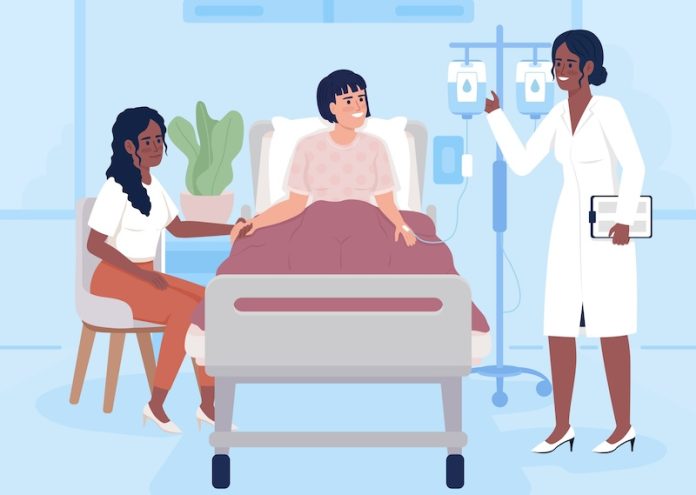
Stroke remains one of the leading causes of disability and death worldwide, but recent advances in medical science have brought new hope in treating this devastating condition.
These breakthroughs aim to improve recovery, reduce damage, and ultimately save lives by using innovative technologies and therapies. Let’s dive into some of the most significant recent advancements in stroke treatment that are changing the landscape of stroke care.
A key area of progress in stroke treatment is the improvement of clot retrieval and dissolution techniques. Strokes caused by blood clots blocking the brain’s arteries—known as ischemic strokes—can often be treated effectively if the clot is quickly removed or dissolved.
One of the latest advancements in this area is the refinement of mechanical thrombectomy, a procedure where doctors remove a clot from the brain using a thin tube threaded through an artery.
Recent studies, such as those published in the New England Journal of Medicine, have shown that expanding the time window for this procedure from 6 to up to 24 hours for certain patients can significantly improve outcomes.
This is a game-changer as it allows treatment for patients who might not have been eligible before.
Another exciting development is the use of AI and machine learning in diagnosing and treating strokes more effectively.
AI algorithms can analyze brain scans with incredible speed and accuracy, helping to identify the type of stroke and the location of blockages or bleeding more quickly than traditional methods.
This rapid diagnosis is crucial as it allows for faster treatment, which is often critical for recovery.
Research in the International Journal of Stroke highlighted that AI could potentially shorten diagnosis times and tailor treatments to individual patients’ needs, optimizing the chances of a good recovery.
Telemedicine has also revolutionized stroke care, particularly in rural or underserved areas where access to stroke specialists can be limited.
Through telestroke services, specialists can consult on treatment with local emergency room doctors via video calls, providing expert advice that is crucial in the early minutes and hours of stroke treatment.
Studies, including one from the American Heart Association, have shown that telestroke services can significantly improve the quality of stroke care, leading to better patient outcomes.
Research into new medications to treat stroke has also been promising. Recent trials have been exploring the potential of new drugs that can better protect brain cells after a stroke.
These neuroprotective drugs aim to reduce the brain damage that occurs in the hours and days following a stroke by counteracting the complex chemical processes triggered by a stroke.
Although still in the experimental phase, early results reported in the Journal of Experimental Medicine suggest these drugs could be a critical part of future stroke treatment protocols.
Rehabilitation techniques have seen significant innovations as well. New therapies that involve robotics and virtual reality (VR) are being developed to help patients regain movement and function after a stroke.
These technologies provide engaging, repetitive exercises that can help rewire the brain and restore motor skills.
Research in the journal Stroke has demonstrated that patients using VR and robotics in their rehabilitation could experience faster and more significant improvements in their abilities compared to traditional therapies.
In conclusion, the landscape of stroke treatment is rapidly evolving, driven by technological advances and new research.
From extending the treatment window for mechanical thrombectomy to incorporating AI and telemedicine, these advancements offer new hope for those affected by strokes.
The ongoing development of new drugs and rehabilitation technologies promises to further improve recovery rates and quality of life for stroke survivors. The future of stroke treatment is bright, with these innovations leading the way toward more effective care and better patient outcomes.
If you care about medicine, please read studies that vitamin D could help lower the risk of autoimmune diseases, and drug for inflammation may stop spread of cancer.
For more information about medicine, please see recent studies about which drug can harm your liver most, and results showing this drug can give your immune system a double boost against cancer.
Copyright © 2024 Knowridge Science Report. All rights reserved.



